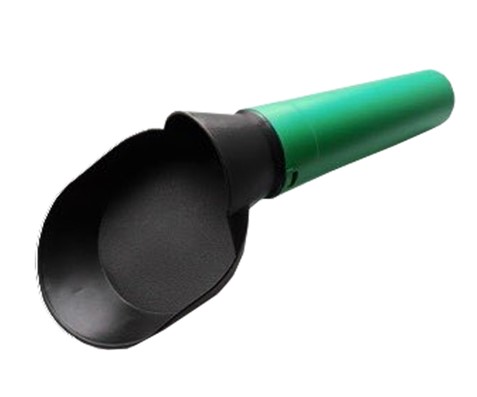Vladimir Putin urged to increase food production

President Vladimir Putin , speaking at the investment forum "VTB Capital" "Russia is calling!", drew the attention of the government and heads of regions to the need to increase food production. The growth of consumer prices in the country has accelerated, in order to solve this problem, it is important not only to cope with the consequences of inflation, but also “to act proactively, removing the factors that push prices up,” the HEAD of state said (quoted from the forum broadcast). An increase in production volumes and an increase in the availability of food products on the domestic market is a key criterion for the effectiveness of work in this area, the President emphasized.
Food inflation is higher than the general one - "somewhere under 10%," Putin said, noting that the authorities are well aware of the reduction in incomes of the population due to rising prices. The state provides targeted support to older people and families with children, pursues a policy of supporting the economy in order to maintain jobs.
At the same time, the head of state noted the risks of further growth in food prices. “We see what kind of crisis has erupted in the global energy market. First of all, it has already served as a multiple growth of quotations of nitrogen fertilizers. And for agricultural producers around the world, this is one of the key resources for maintaining soil fertility and stable yields,” Putin recalled.
In addition, the global economy is entering another wave of the pandemic amid high inflationary pressures. It, in turn, was the result of a break in supply chains amid a recovery in consumer demand: due to closed borders and restrictions on certain goods, shortages began to form, which pushed prices up. The loose budget policy of most developed countries and large-scale infusion of funds into the economy also played a role in driving inflation, Putin added.
The head of the Central Bank, Elvira Nabiullina, confirmed during the forum that the Bank of RUSSIA expects to return inflation to the goal of "close to 4%." At the same time, in our country, unlike countries with developed economies, “inflationary expectations are not anchored.” “We know from our own experience that inflation can be reduced in two or three years, even from very high levels. But in order to gain confidence, and for inflation expectations to be anchored, fixed at low levels, the experience of other countries shows that it will take at least ten years, and maybe even more,” Nabiullina believes.
Read together with it:
- Bloomberg узнал о плане G7 значительно ужесточить санкции против РоссииНовый пакет санкций будет включать меры, в частности, против энергетики, финансов и военной промышленности, а также крупнейших нефтяных компаний России. Разработку пакета G7 планирует завершить в октябре, выяснил BLOOMBERG Страны «Большой семерки» (G7) приближаются к соглашению о значительном ужесточении санкций в отношении России, сообщает агентство Bloomberg со ссылкой на проект заявления. «Мы с...
- Фон дер Ляйен заявила о смене подхода к санкциям против РоссииНовый подход подразумевает не предложение поэтапных санкций, а «гораздо более жесткие меры» в отношении энергетики, финансовых услуг и торговли, все это уже входит в 19-й пакет, заявила глава ЕК Урсула фон дер Ляйен Евросоюз при подготовке 19-го пакета санкций против России меняет подход, переходя «от поэтапного усиления давления к жестким мерам». Об этом заявила глава Европейской комиссии Урсула ...
- Премьер Финляндии призвал ЕС быть оборонным союзом, а не торговым блокомЧтобы избежать потенциальной угрозы от «враждебных государств», Евросоюз должен укреплять оборону и сотрудничать в данной сфере, заявил финский премьер Орпо. Он отметил, что это не будет значить, что Брюссель «вытесняет» НАТО Петтери Орпо Евросоюз должен взять на себя «беспрецедентные полномочия», чтобы защититься от «растущих угроз». Об этом сказал премьер-министр Финляндии Петтери Орпо, сообщает...



























































